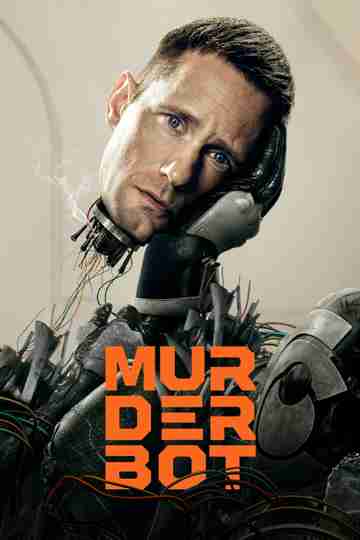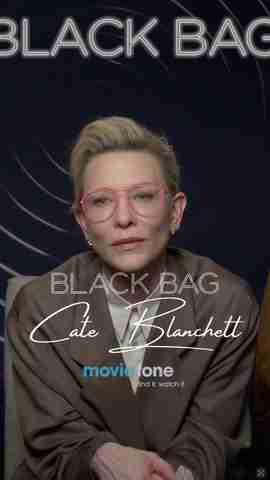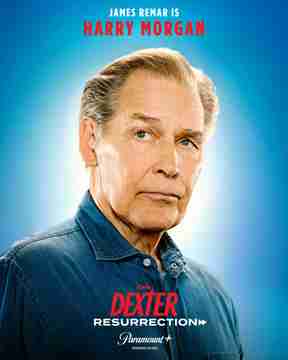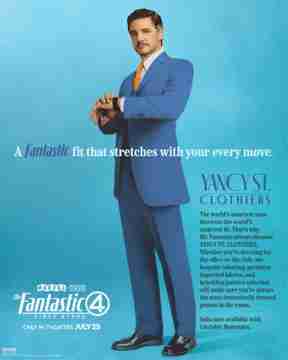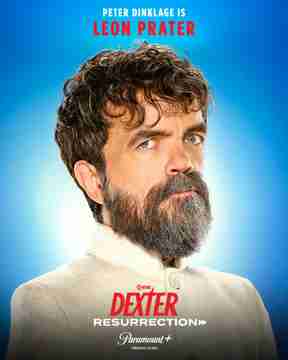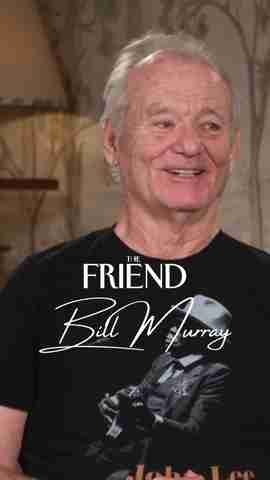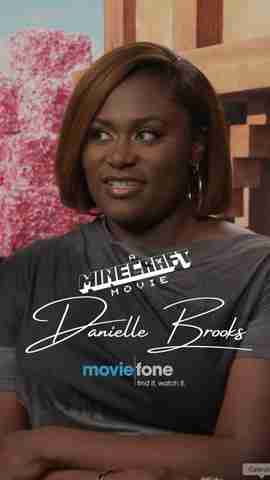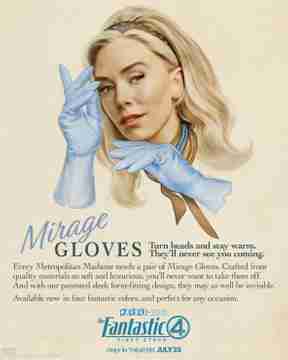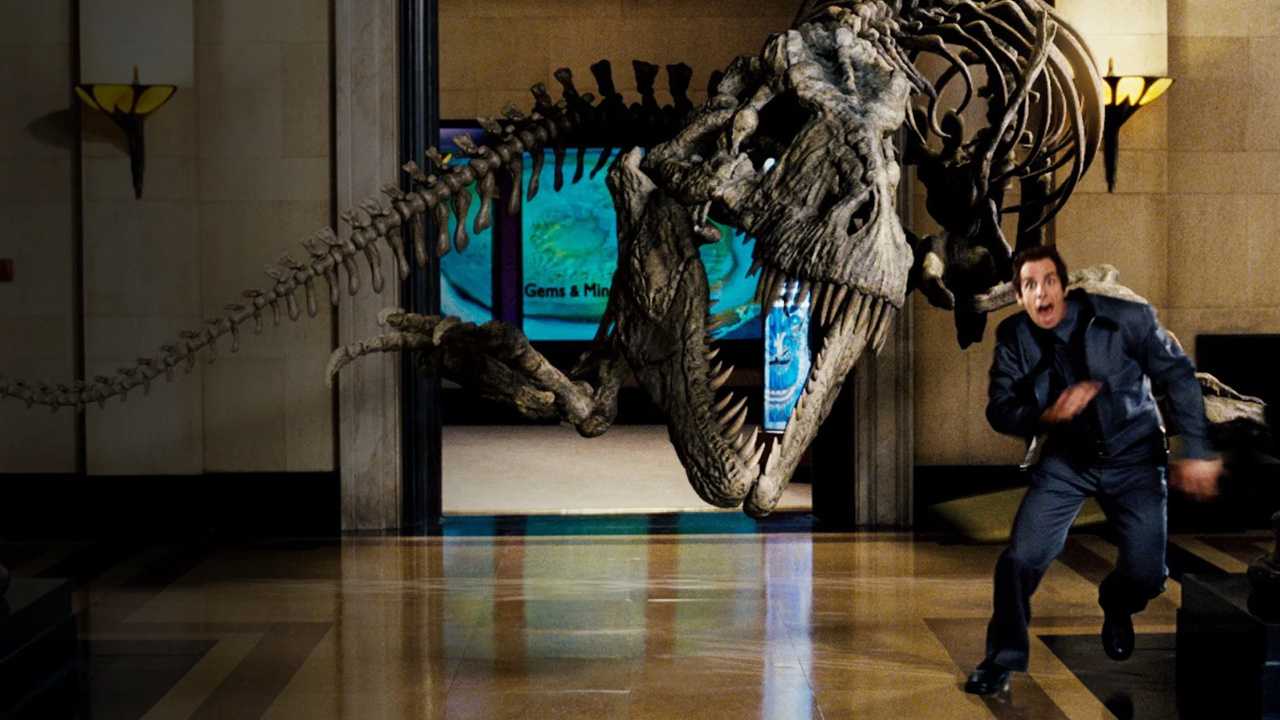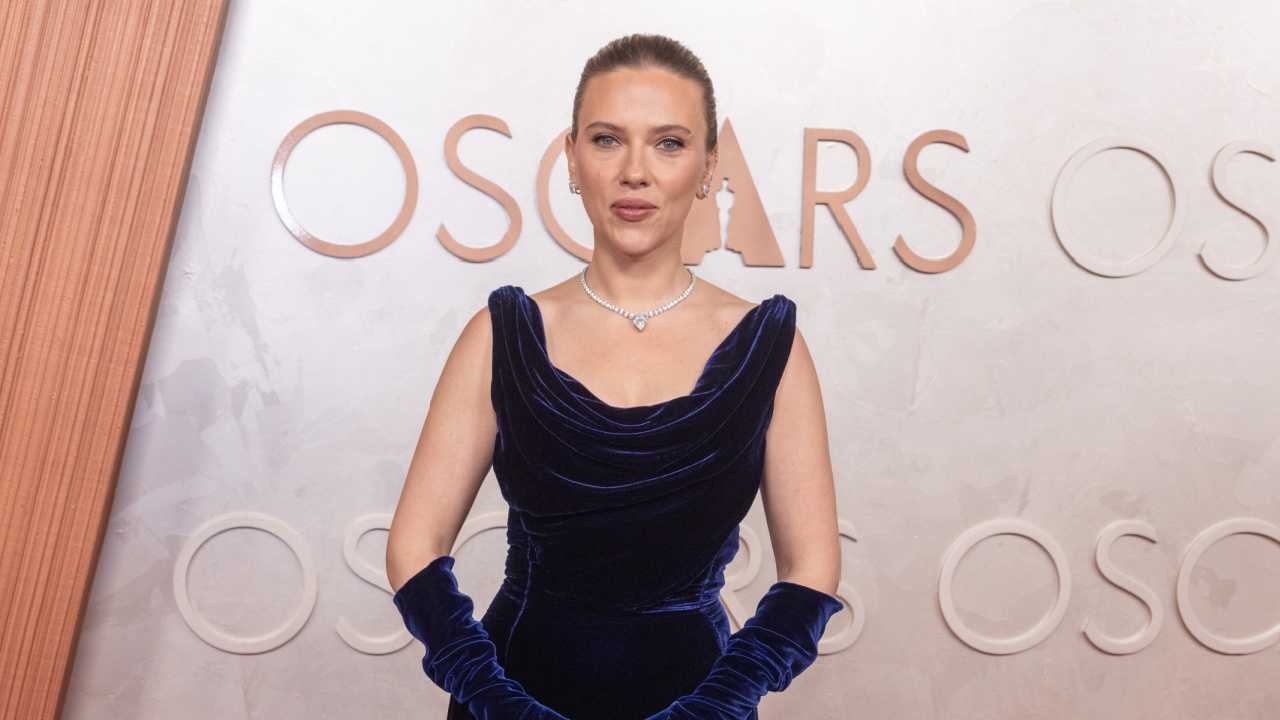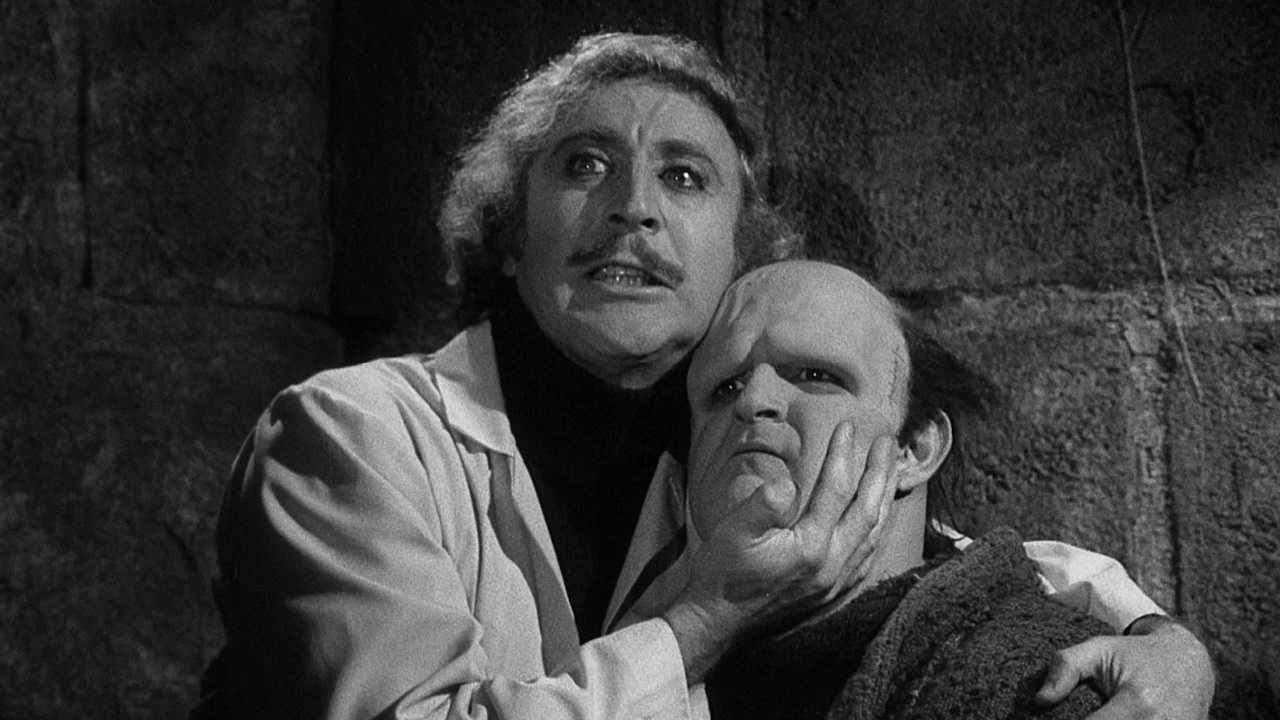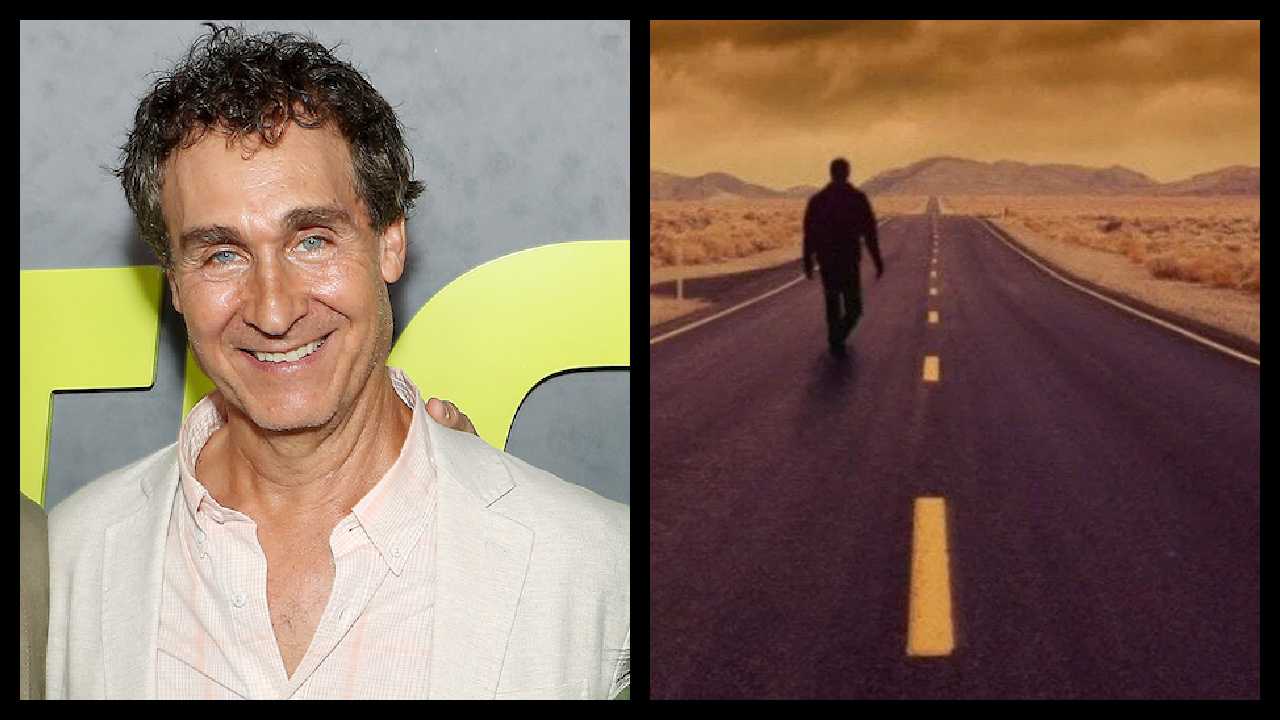Beyond HBO NOW: What Changes in Cable and Streaming Mean for You
Even before Apple unveiled it's heavily-anticipated new Dick Tracy wristwatch this week, the company gave HBO chief a platform to announce its new stand-alone streaming service, HBO NOW, which will allow people who don't subscribe to HBO on their cable bills to stream HBO programming old and new, including the season of "Game of Thrones" that begins in April.
Exciting as that is, it's just one development in recent days that could change forever the way you watch TV.
Between the new HBO service, the changes happening at Netflix that will make its offerings more like conventional TV, and the ongoing carriage battles over which channels your cable provider is still willing to keep on its lineup, the wholesale migration of TV programming from your big flatscreen to your PC or mobile is apparently underway.
HBO NOW is still very much an experiment. For the first three months, only Apple product users (that is, people with iPhones, iPads, and Apple TV set-top boxes, but not Macs) will be able to subscribe. (Those who subscribe in April will get the first 30 days free. Then it's $14.99 a month.) Only then is it expected to migrate to other streaming enablers like Roku, Xbox, and Amazon Fire TV. It will work exactly like HBO GO, offering current seasons of its original shows simulcast in real time, current movies airing on HBO, and HBO's vast back catalog of series -- except that you don't have to subscribe to the cable version of HBO.
You may grumble over the price, which is about twice what a monthly subscription to Netflix costs, and about $5 per month more than what you pay to have HBO on your cable lineup, but if people pay up, it's only a matter of time before other cable channels -- premium and basic alike -- follow suit.
Actually, they already have. Satellite provider Dish has a $20-per-month streaming package called Sling TV that includes ESPN and a handful of other channels. CBS also has a pay stand-alone service that let's you watch current shows in real time (and a handful of catalog offerings) over the Internet.
Pretty soon, it's possible that every channel will offer an Internet-only subscription version. Which means you can finally have à la carte TV -- paying for just the channels you want, instead of having to buy the whole bundle that the cable or satellite company wants to sell you. Of course, you'll be paying a premium for each individual channel, so you may end up paying more than you do now for your bundled package. Plus, if you get broadband and cable from the same provider and drop the latter, your cost for broadband alone will probably rise from what it cost as part of a service package. So you may be able to cut the cord and stream just the channels you want, but at a higher price than what you're paying now as a cable or satellite TV customer.
Either way, the cable providers win, since you're still buying your Internet connection from them. Indeed, it seems the balance of power in the eternal struggle between the individual channels and the service providers has shifted away from the programmers. For the past several years, the individual channels have been waging carriage battles against the service providers, trying to get them to raise the carriage fees for the right to deliver those channels to their customers. In recent years, whenever these price negotiations failed, the channel would yank its signal, perhaps for a few days or even weeks, until the service provider caved and settled, raising the fee and passing the added cost on to you in the form of a higher cable bill.
But in many Southern markets, there's a carriage battle between Suddenlink Communications, the nation's 7th largest cable provider, and Viacom, the programming giant behind MTV, Comedy Central, Nickelodeon, and other popular cable channels. This particular clash has been going on for nearly six months -- that's how long Suddenlink has held out, and how long its customers have gone without Viacom channels.
The way things are now -- or will be soon -- Viacom could just take its ball and go home. Its channels might never return to Suddenlink's cable viewers; eventually, all its programming might go over the Internet, with subscriptions for each individual channel, or perhaps a Viacom package. But Suddenlink wouldn't sweat it because it'll still be selling its customers the broadband to watch that content. According to the New York Times, Suddenlink lost just 32,600 of its 1.4 million cable customers in the first three months of the Viacom outage , but it's held on to 99.7 percent of its Internet customers.
The final paradox is that the streaming programming to which we've become accustomed may be turning into the kind of appointment TV we had in the days before DVRs. This week, Netflix announced that its forthcoming drama series "Between," debuting May 21, will be released in weekly installments, not all at once like seasons of "House of Cards," "Orange Is the New Black," or "Unbreakable Kimmy Schmidt." Sure, you can wait until the season is over and then binge on "Between," but if the show is to succeed and become the kind of social-media phenomenon that other Netflix series have become, you will have to make a point of watching each episode as it's released.
And that pattern will only continue at Netflix. Next year, when Chelsea Handler's new show debuts, it will also presumably air at a scheduled time each week. Last month, according to Variety, she said she wants the show to focus on more newsworthy topics than her nightly celebrity chat show on E! that she left last summer. Her template, she said, would be "the well-roundedness of '60 Minutes' but faster, quicker, cooler." It won't air every weeknight, as "Chelsea Lately" did, she said, so it's likely to emulate the once-a-week scheduling of "60 Minutes" as well. Explaining why she wanted to make her show more like your grandparents' favorite newsmagazine, she said, "I want to grow up."
So this is what streaming will look like when it grows up: just the channels you want, but at a price, and with programming not necessarily at the times you want, but when the channels choose to stream it. So, pretty much like cable now, only with you paying for the convenience of carrying it in your purse or your pocket.









